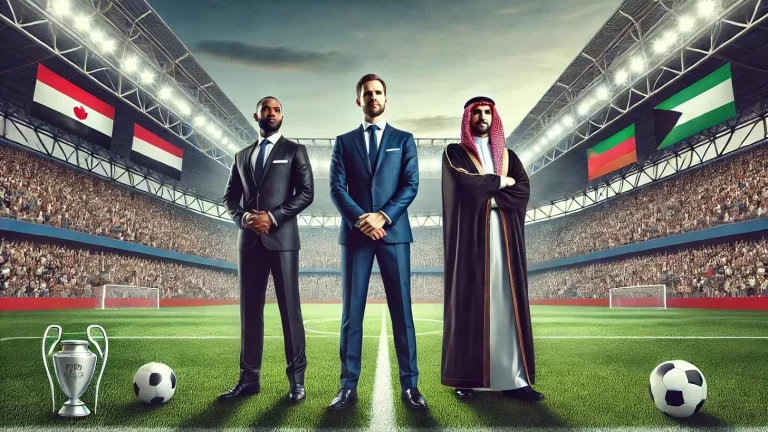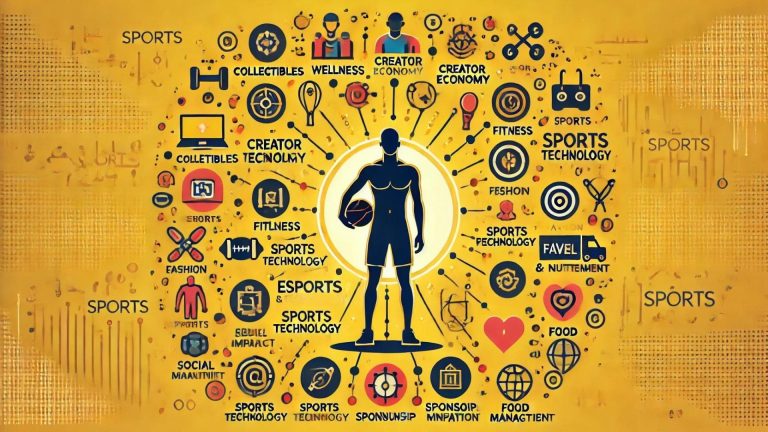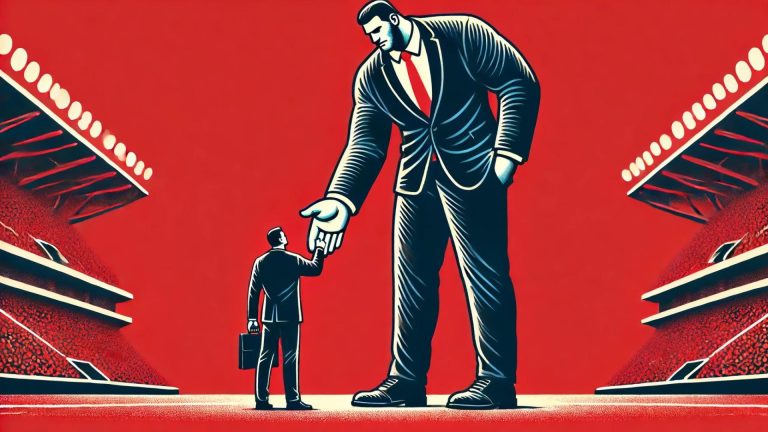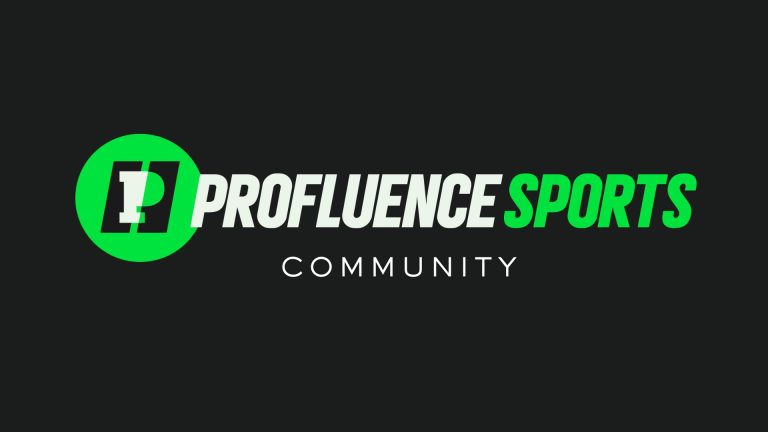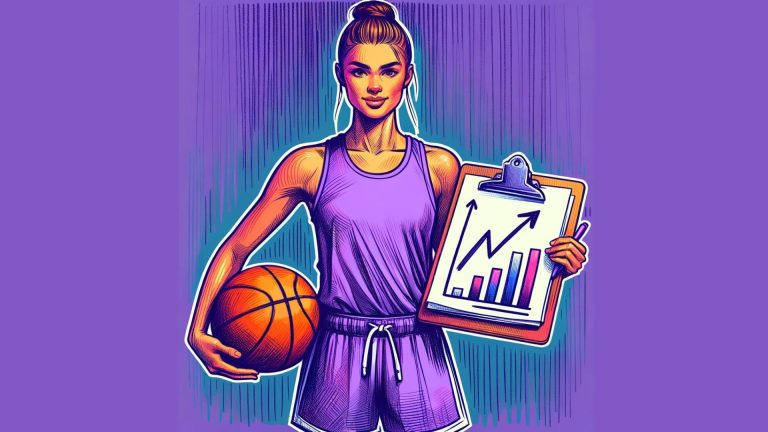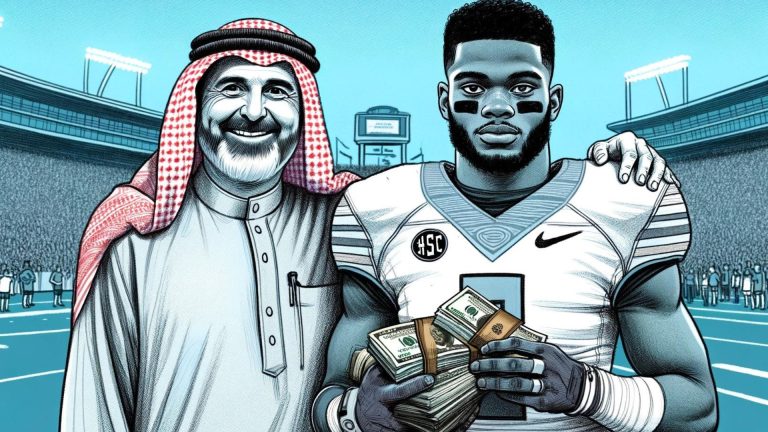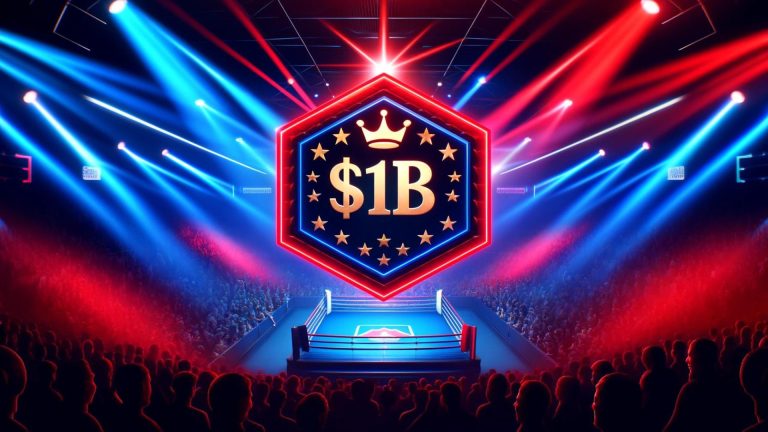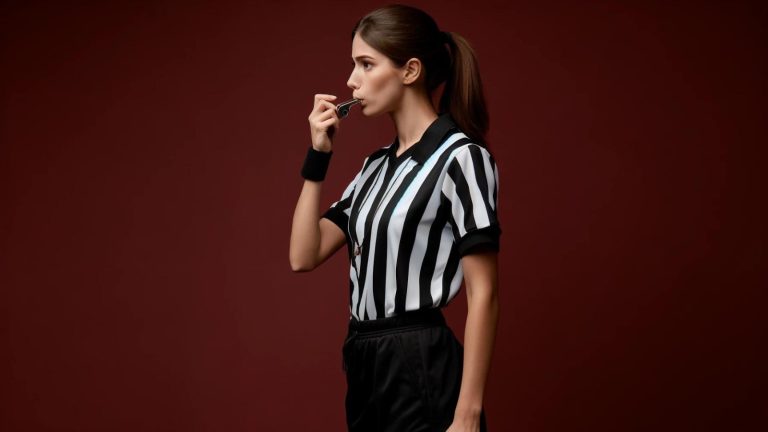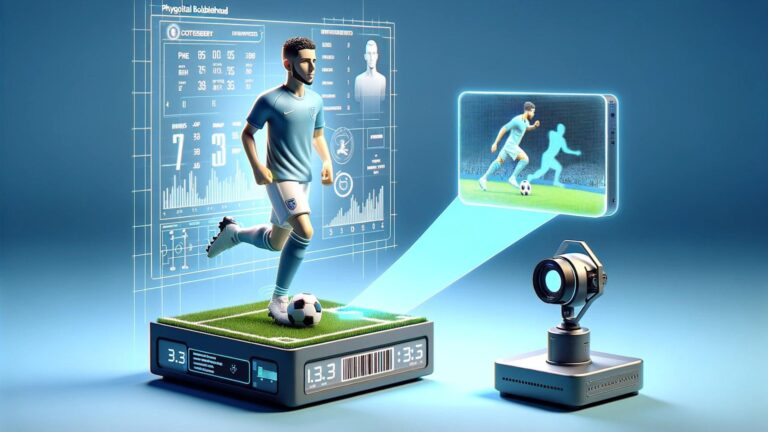You might have seen that former Seattle Seahawks running back Marshawn Lynch is now a minority investor of the Seattle Kraken, alongside rapper Macklemore.
While the headline is certainly interesting — what really intrigues me is the growing number of professional athletes investing in sports teams.
There are now 21, more on that later.
But first, a little background on Lynch and the Seattle Kraken story.
Marshawn Lynch: The Businessman
Marshawn Lynch reached out to Kraken ownership in 2021 about coming on as investor — a year later his wish was granted.

Or another way to put it…
Leiweke sees them being able to bring in more fans.
More fans = More revenue.
But why did Lynch get involved?
Lynch wants to tap into the “Hockey Is for Everyone” campaign, which is the NHL’s outreach program designed to bring hockey to marginalized and undeserved communities. He also wants to learn the ropes of management.
What is Lynch’s former experience as a businessman?
Marshawn made over $56M during his NFL career (not including endorsements) and has parlayed that into his career post-sports.
The former all-pro running back owns a bar and restaurant in California, along with having his own personal athletic brand BEASTMODE and a marijuana brand Dodi Blunts.
He has also made two angel investments:
-
NRG eSports: professional eSports company
-
Proto: at-home hologram machines
Minority equity stake deals are generally for 1% or less. The Kraken’s estimated value is $875 million, which is mid-pack compared to other NHL teams.
Is this a good community investment?
100%.
Good financial investment?
Time will tell.
Now back to where I started about former athletes owning pro sports teams.
21 Pro Athletes Own Sports Teams
There were 20 athletes who owned a piece of a professional sports team before Marshawn Lynch joined the Kraken’s ownership.
Here they are:
-
James Harden (Houston Dynamo & Dash)
-
Mario Lemieux (Pittsburgh Penguins)
-
Michael Jordan (Charlotte Hornets)
-
Warrick Dunn (Atlanta Falcons)
-
Serena Williams (Miami Dolphins)
-
Venus Williams (Miami Dolphins)
-
Oscar de la Hoya (Houston Dynamo)
-
Magic Johnson (LA Dodgers)
-
Shaquille O’Neal (Sacramento Kings)
-
Steve Nash (Vancouver Whitecaps FC)
-
Renee Montgomery (Atlanta Dream)
-
Lebron James (Liverpool FC)
-
David Beckham (Inter Miami)
-
Naomi Osaka (North Carolina Courage)
-
Amar’e Stoudemire (Hapoel Jerusalem)
-
John Elway (Colorado Crush)
-
Dwyane Wade (Utah Jazz)
-
Mia Hamm (LA Angel City)
-
Candace Parker (LA Angel City)
-
Patrick Mahomes (KC Royals and Sporting KC)
** To Note: Nolan Ryan, Wayne Gretzky, and Yao Ming use to own a professional sports team but have since sold their stakes or moved on.
Why Are Athletes Investing in Pro Teams?
Owning a pro sports team was originally only available to billionaires and institutional investors (with close ties to the leagues).
However, the barrier between the playing field and the boardroom is disappearing. And more athletes are starting to shift from being players to becoming owners.
There are two main reasons why we might be seeing this shift:
-
Historically ROI Positive Investment
-
Enhanced Platform
Team ownerships are an attractive asset-class for investors.
Team ownerships, on average, generate strong returns even in down cycles. Valuations over the last few decades, across the marquee sports leagues, have outpaced the major stock indexes.
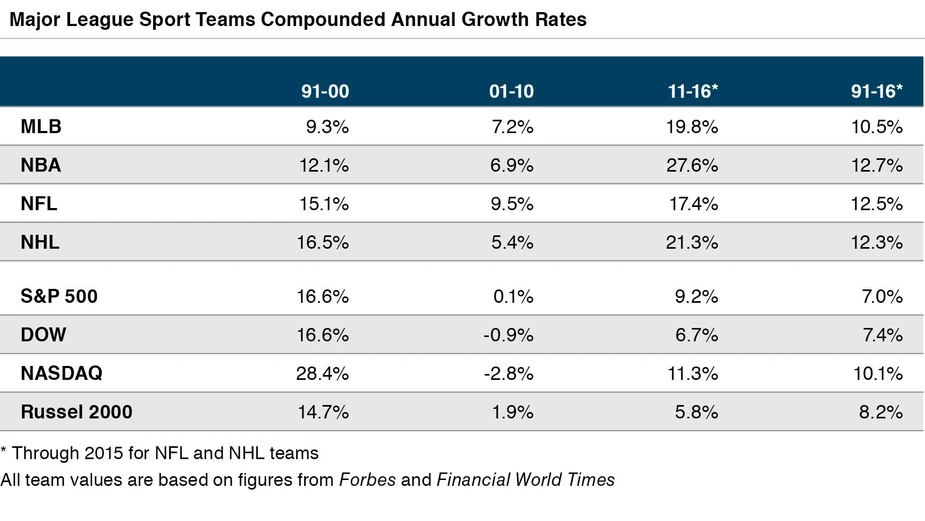
Pro sports teams also fall into the low risk bucket, as they don’t just disappear or get kicked out of leagues (at least in the United States).
With ownership, comes a seat in the boardroom, and with a seat in the boardroom comes the opportunity to voice change in the community.
Professional athletes have the experience of what it was like to be a player within an organization — which carries into the boardroom and helps shape the culture of the sports teams they’re now a part of.
Having professional athletes at the owner’s table is closing the gap between athletes and owners.
It’s usually a win-win situation.
